SUSTAINABILITY STRATEGY:
ADVICE FOR YOUR COMPANY
Sustainability is becoming increasingly important
/ OUR OFFER
SUSTAINABILITY
STRATEGY
TABLE OF CONTENTS
WHY IT TAKES THE RIGHT PARTNER TO ESTABLISH A SUSTAINABILITY STRATEGY
Corporate sustainability is a complex issue and it is often difficult to find the right way forward and to keep track of the various rules, regulations and laws.
However, working with Terra Institute as a sustainability consultancy can help companies find the right set of regulations and the right approach for them. In this way, they can achieve long-term sustainable development that adds value to the company, its employees and the system as a whole.
WHAT IS TERRA INSTITUTE?
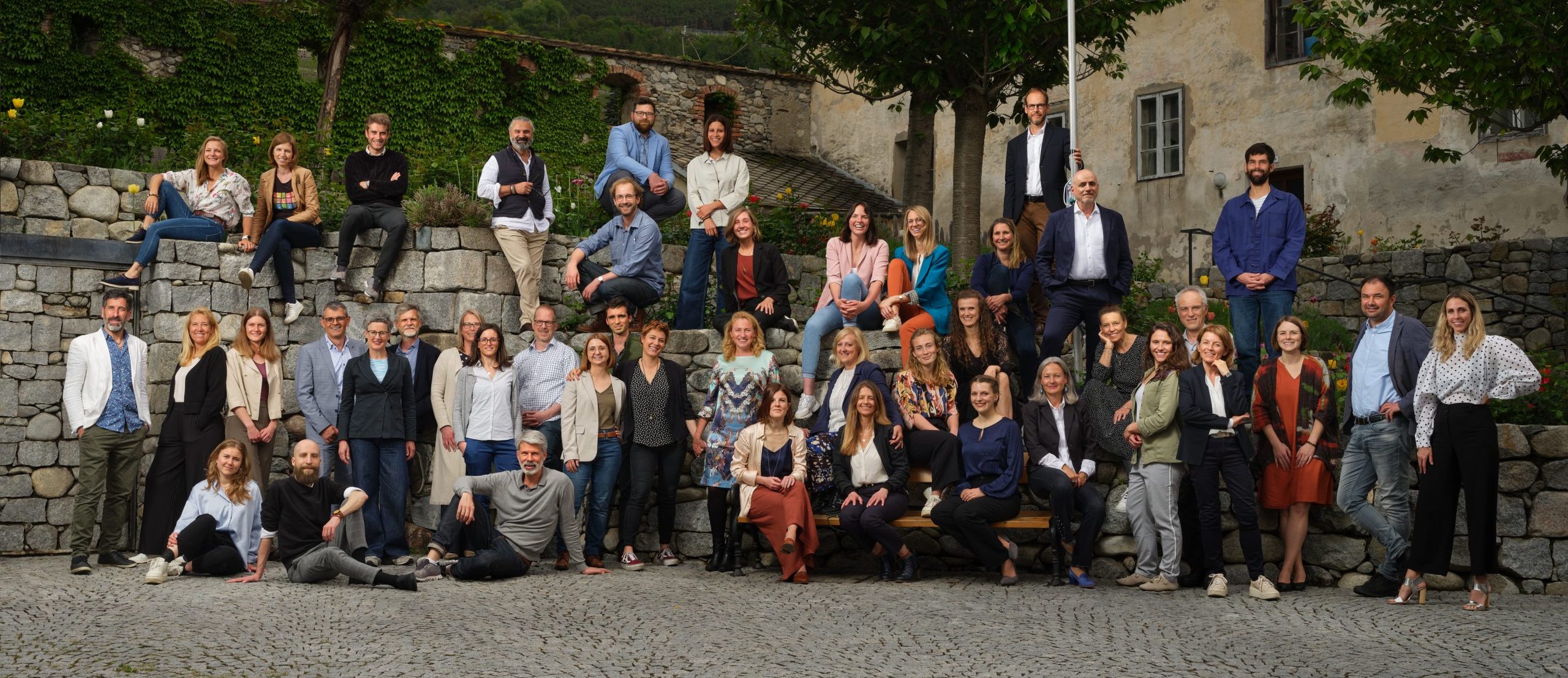
From the presentation of the company system to the analysis of the individual process areas, our systemic approach develops in our clients an awareness of the circularity of interactions.
We intervene in a targeted manner according to the specific needs of the company and accompany the management and employees through all the necessary steps. Together we define an effective sustainability strategy in full compliance with current legal requirements.
In addition to technical expertise, the development of a sustainable corporate strategy requires the ability to evaluate various interrelated aspects. Their effect does not always follow a linear logic of cause and effect. We are happy to support companies and organisations in recognising this logic and in transitioning to a new cultural paradigm.
THE COMPANIES
WHO HAVE CHOSEN US









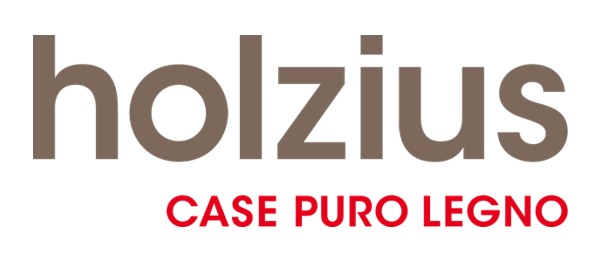









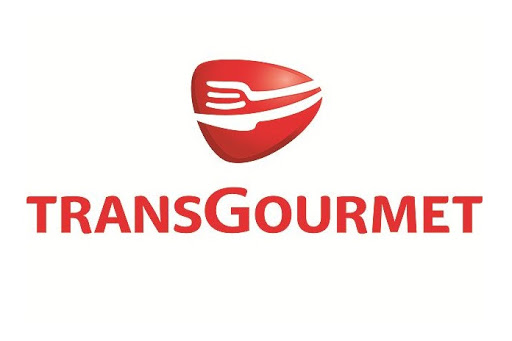


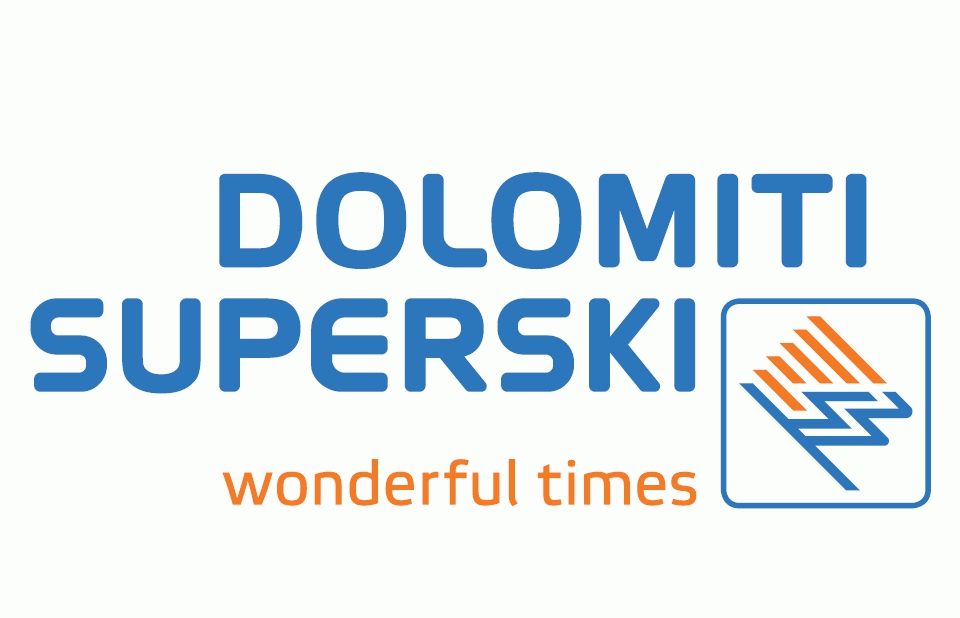
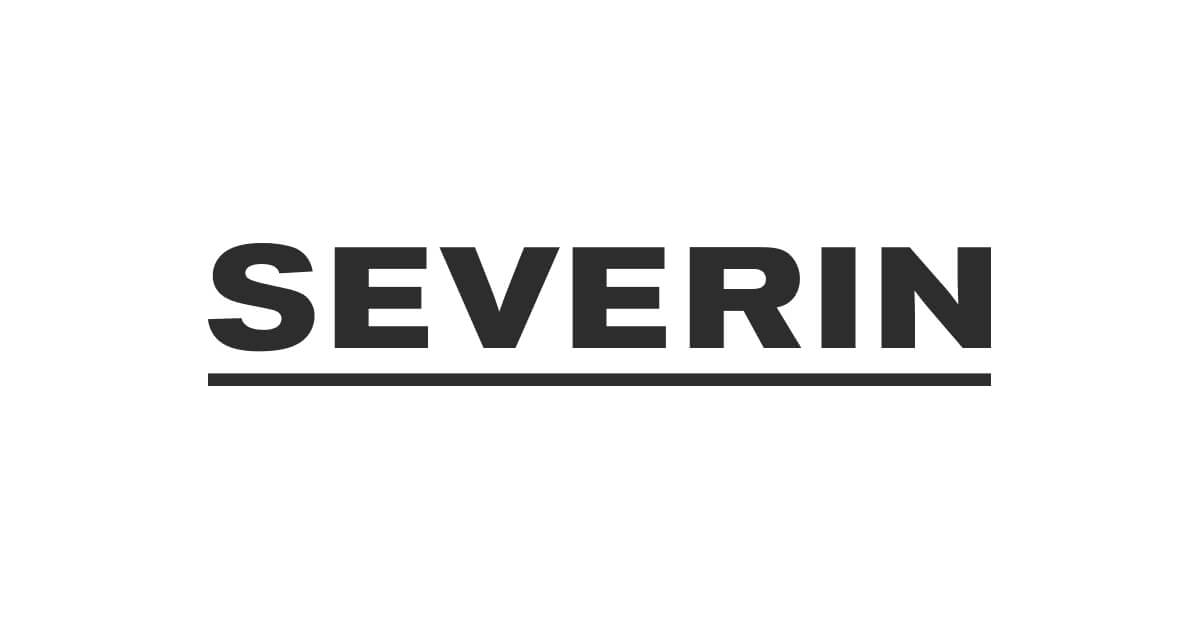



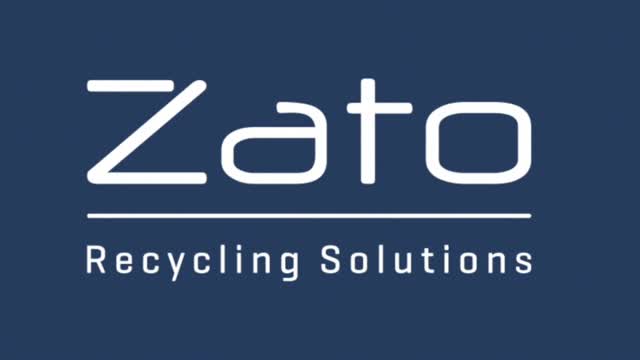
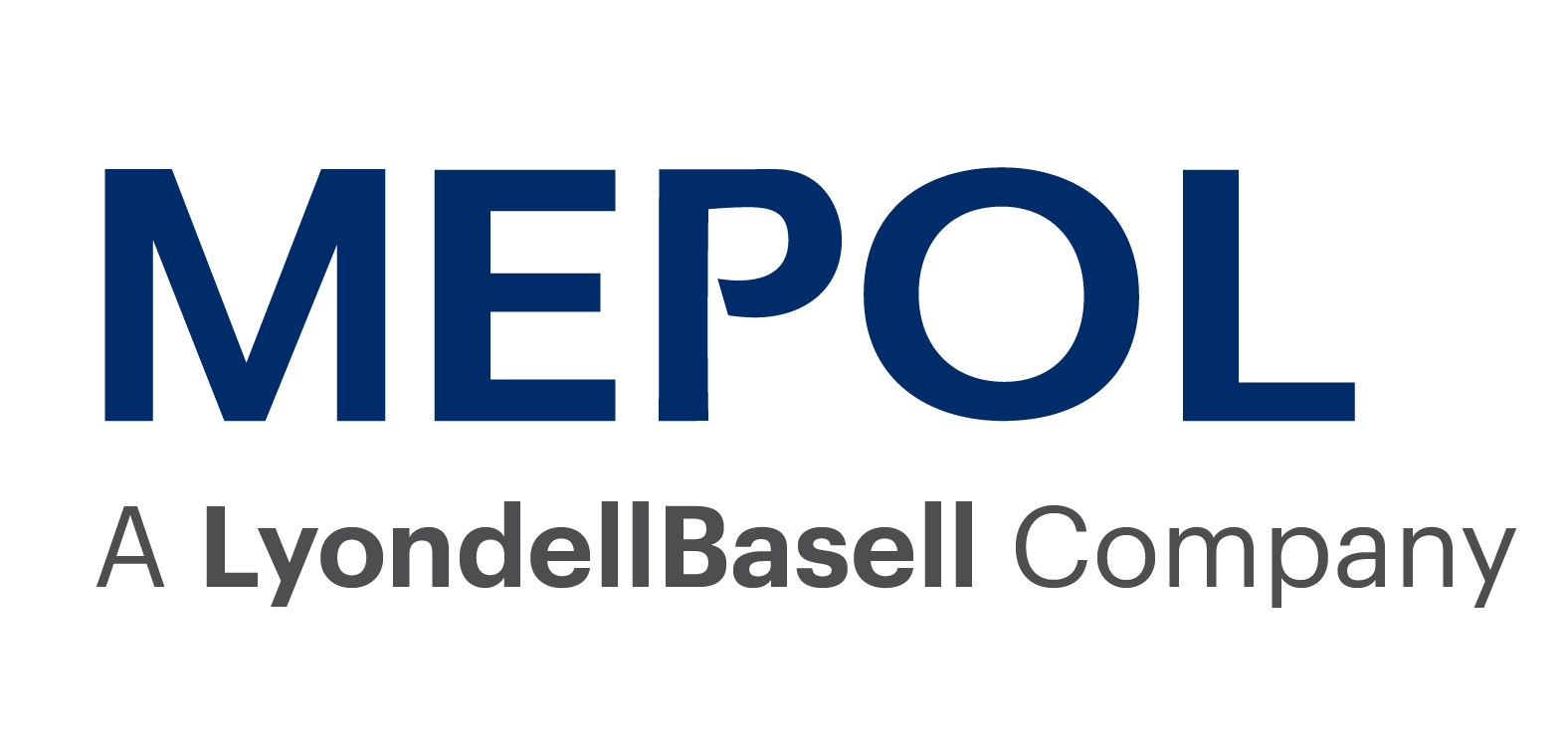

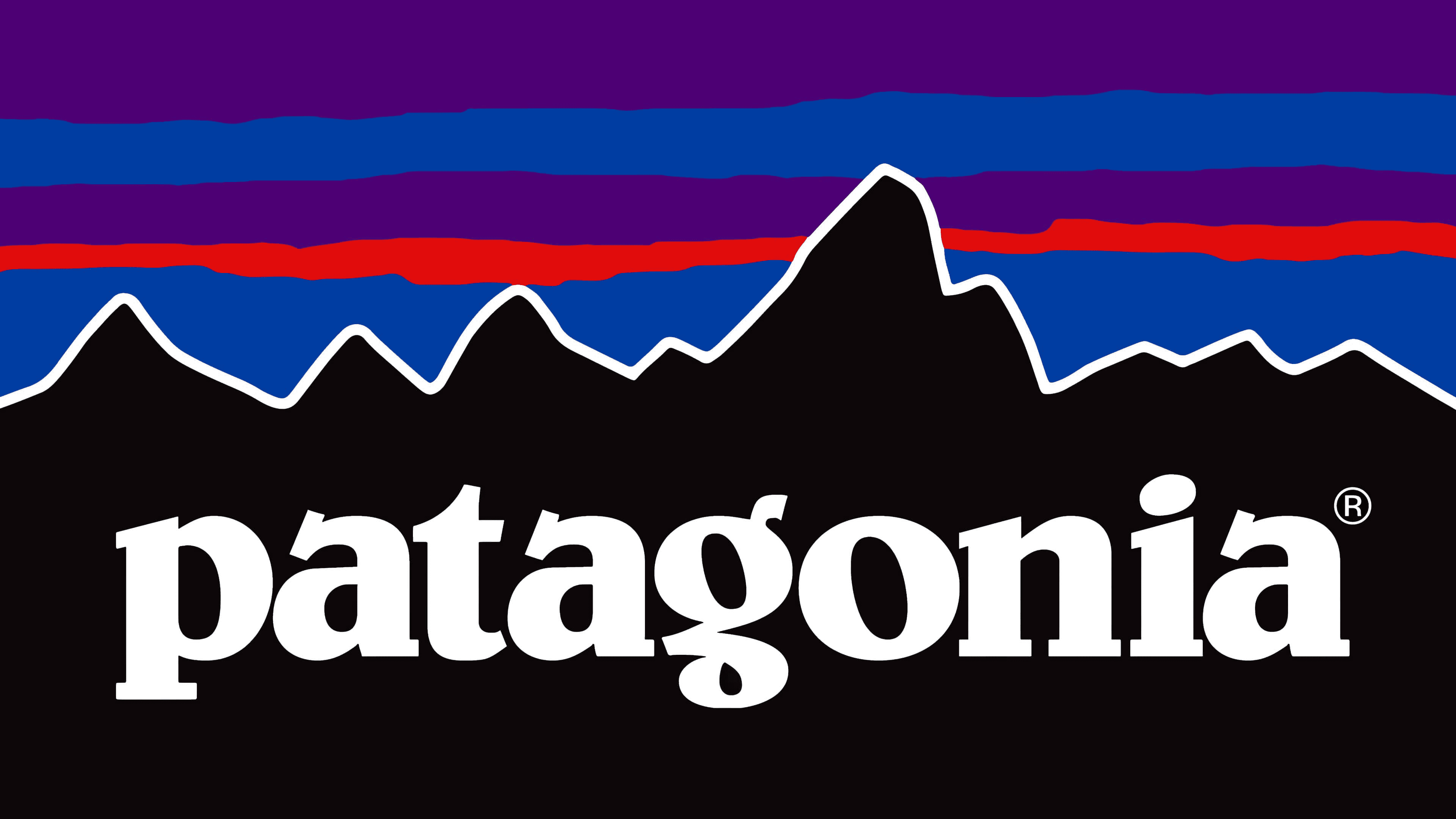




HOW DO CLIENTS BENEFIT FROM TERRA’S SUPPORT FOR A SUSTAINABILITY STRATEGY?
We get companies and organisations on track and ensure that they achieve their goal:
- Extensive experience and diverse expertise
- Our clients benefit from our wealth of experience on all sustainability issues and processes.
- With 50 consultants from all relevant disciplines, our clients benefit from a network with the highest level of team spirit, which constantly cross-fertilises and supports each other.
- With us, companies secure a valuable view from different perspectives and gain many new ideas for solutions.
- Tailor-made strategic consulting
- Depending on the prioritisation of climate, environmental or social responsibility in the catalogue of goals: with our support, companies and organisations operationalise their sustainability goals and make them visible
- We advise on the choice of the appropriate framework
- We promote corporate culture and support awareness-raising for sustainability issues in all corporate functions and processes
3. Goal clarity and action orientation
- We support overcoming the challenges of a climate, social and economically responsible future
- With our support, companies discover the sustainability goals that are relevant to them
- Sustainability is anchored in all areas, creates trustworthy, climate-responsible and circular value chains
4. Professional process support
Our support ensures orientation along the entire course of the process
We support in the effective achievement of goals and in the validation of new business models
– We support companies in ensuring their competitiveness
WHAT IS TERRA’S APPROACH TO CONSULTING
1. Preparation
– Joint briefing discussion on the company-wide understanding, framework conditions and challenges on sustainability issues.
– Proposal and agreement on the appropriate process, the necessary framework, the core team to be supported.
– Entry into the sustainability process with securing the most important background information and project management details.
2. Analysis and assessment
– Mapping the business system with all core and supporting functions, upstream and downstream value chain
– Exploring market dynamics and analysing the sector-specific context
– Analyse the scope and scale of enterprise-wide impacts on the unconstrained ecosystem
– Identify impacts – also called “impacts” – as positive or negative, short term as well as long term, revocable as well as irrevocable, intended as well as unintended and determine the materiality level of the action items
– It is precisely at this stage that the principle of process transparency recommends the involvement of stakeholders; the neutral view from the outside supports the validation of the action issues
– Analysis of the impact of environmental and socio-economic framework conditions on the company, in order to assess the financial corporate risks.
– This is followed by an analysis of the competitiveness of the company’s current business model and/or investigates the attractiveness of new business models
3. Development of the sustainability strategy
– The validated fields of action and themes form the core of the sustainability strategy.
– We link these fields of action and topics to the international Sustainable Development Goals (SDGs) and thus guarantee the company-wide contribution to their achievement
– The core of the process is the deepening of the action topics; these require the definition of measures, responsibilities, the timeframe for fulfilment, the performance parameter and corresponding measurement indicators in addition to the strategic and operational objectives
– To assess the company-wide footprint, we collect all relevant data in order to be able to analyse the emission values in Scopes 1, 2 and, depending on the scope of the project, parts of the 15 emission sources of Scope 3.
– In the context of the action theme of energy efficiency, we analyse the reduction potential and are happy to use the indicators of “science-based targets” as a guide.
4. Communication
– We support you in the development of structure, writing and also in the graphic preparation of your sustainability report.
– Our approach to the communication strategy is based on ensuring the brand value of the company while at the same time taking into account the officially required Green Claims Directive.
THE MOST FREQUENTLY ASKED QUESTIONS ABOUT SUSTAINABILITY STRATEGY – FAQS
WHAT IS A SUSTAINABILITY STRATEGY?
The approach of the new sustainability paradigm breaks with the old vision that inspired business for decades, which focused solely on profit maximisation.
If a company wants to maintain its competitive advantage, it is well advised to relate economic growth directly to environmental, social and governance dimensions. Companies are, whether they like it or not, part of an interconnected, fluid and volatile market ecosystem. Simply put, they are responsible for the impacts on the ecosystem. These can be positive or negative, short-term or long-term, revocable or irrevocable, intended or unintended.
At the same time, companies would do well to assess the financial risks in their sustainability process: for all effects that have an impact on the company itself from the ecosystem. The results from the process run with the above-mentioned topics can be summarised in a sustainability strategy.
Win-win orientation for companies and the planet
The transition to increasingly integrated business models offers enormous opportunities for companies:
A better understanding of the external context and the definition of targeted sustainability strategies help to reduce business risks
We are moving towards a new way of doing business that wants to innovate from its value roots. Through new business goals, companies will be able to create new forms of value creation that are not only sustainable and effective, but generative for the entire company-wide ecosystem, not least the planet.
The strategic frameworks available require consideration of all the complexities associated with the enterprise system.
Focusing on one’s purpose, understanding how context and materiality analysis lead to impacts generated and suffered, identifying current trends and making proper market comparisons, knowing which stakeholders should be strategically engaged and how – these assets and understanding how to set strategic and tactical sustainability goals, in line with the corporate purpose, are fundamental and unavoidable skills to make new strategic corporate decisions.
WHY IS A SUSTAINABILITY STRATEGY IMPORTANT FOR YOUR COMPANY?
Responsible corporate governance with a corresponding focus on ESG = Environment, Social, Governance is becoming increasingly important and will establish itself as a criterion for successful corporate action as a market trend in its own right.
The growing political pressure and the obligations on the international agenda demand that the topic of sustainability be addressed, whereby ESG should be consistently integrated into the sustainability strategy.
We live in a world of increasing complexity. Phenomena such as the interconnectedness, fluidity and volatility of markets are having an increasingly significant impact at all levels of human life.
The challenges of recent years show that the environmental, social and governance dimensions of sustainability need to be specifically woven into corporate sustainability strategies.
The following dimensions come to the fore as essential advantages of a sustainability strategy:
The newly gained perspectives from a methodical examination of one’s own corporate system.
The consideration of dual materiality or the recognition of the scope and magnitude of the impact of the company’s purpose on the ecosystem and vice versa, the financial risks for the company from the constantly changing ecosystem
The involvement of stakeholders in the sustainability process
The identification of the key action topics as the central content of the sustainability strategy
The bundling of strategic and operational goals, measures and measurement indicators as a guideline for transparent and value-oriented corporate responsibility
Securing the company’s own competitiveness by strengthening, adapting or realigning the business model.
WHAT IS THE REGULATORY FRAMEWORK FOR SUSTAINABILITY STRATEGIES?
WHAT TOOLS AND FRAMEWORKS SUPPORT THE DEVELOPMENT OF SUSTAINABILITY STRATEGIES?
Finally, at the European level, the CSRD (Corporate Sustainability Reporting Directive) has come into force, requiring all large European companies to publish regular integrated reports on their environmental and social impacts from 2024.
HOW CAN COMPANIES LIVE UP TO THEIR SOCIAL RESPONSIBILITY?
The first is to look carefully at the environment – territories and society – in which they operate to answer the question: What is the quality of my actions in this world?
The second relates to dealing with or understanding the complexity in which companies operate: What impact does this world have on me, on our company?
SUSTAINABILITY STRATEGY – OUR TEAM
Alessia Dughera

Alessia is a civil engineer with an MBA, and has many years of experience as a project manager and consultant.
Her core competencies are corporate strategy and positioning, process management and design, project management, stakeholder management and sustainability reporting.
Emanuela Vedovati

Emanuela has a degree in economics and social sciences with a focus on environmental economics and social responsibility. Over the years, she has specialised in circular economy and sustainability issues. She works with clients to develop strategic development and reporting pathways, circular approaches, stakeholder dialogues and sustainable supply chain management design. In 2019, she launched a training facility on circular economy in collaboration with two partners.
Evelyn Oberleiter

Co-founder and CEO Terra Institute. She has been accompanying companies in deep change processes for 20 years and has her focus on organisational development, corporate culture processes, as well as sustainable leadership approaches. Evelyn has a high level of process competence and results orientation, an extensive ability to analyse and reflect, high communication competence, as well as a distinctive systems thinking. As a personal coach, she primarily accompanies people in top management.
Felix Pliester

Felix studied as a transformation designer and business information scientist with over 10 years of professional experience in organisational development, brings with him a wealth of experience in the realignment of companies.
He is responsible for the location of the Terra Institute in Mittweida and accompanies companies in their transformation process towards a cycle-oriented and purpose-driven company.
His passion lies in bringing together different competences and teams.
Günther Reifer

Co-founder and CEO of Terra Institute. His consultancy focuses on purpose and strategy, CircularEconomy and SustainableFinance.
He is an impulse generator, inspirer and key note speaker, a member of various supervisory and administrative boards and a lecturer at various universities in Switzerland and abroad. He is a passionate sustainability consultant and combines innovation and sustainability-innovability.
Hans W. Steisslinger

Hans studied chemistry and has a broad knowledge of the natural sciences, coupled with a systemic understanding of the economy as part of society and nature.
His work focuses on strategy development and implementation. He has himself analysed various supply chains and audited suppliers on site in all parts of the world.
Hans-Ulrich Streit

Sustainability has been on Hans-Ulrich Streit’s mind for decades, which is why he studied environmental protection technology and worked in this field for many years. Friendly and able to deal with conflict, empathetic and demanding – always in good balance, with a clear and deep inner attitude and the combination of high professional and methodical competence, Hans-Ulrich Streit accompanies companies in change processes in the field of organisational development, in strategy and mission statement development, in project management and process optimisation, as a management coach, moderator and mediator.
Lucia Radeljak

Lucia holds a Master’s degree in Engineering and Sustainability Studies from MinesParisTech and Tsinghua University. She has extensive experience in consulting for companies and research institutes such as ETH Zurich and specialises in circular economy, corporate sustainability strategy and reporting.
Margit Holzhammer

Lawyer, long-time director of a hospital, CSR lecturer at various universities and CSR and sustainability consultant at the Terra Institute. Focus sectors are healthcare companies, banks and tourism. Margit manages the Terra office in Innsbruck.
Markus Kristen

Markus is a qualified educator. He has worked in management positions, built two strong companies and has been advising companies of various sizes and industries, including multinationals, SMEs and dynamic start-ups, since 2004. He is a senior consultant with extensive experience in business transformation towards sustainability, stakeholder engagement and leadership training.
Paolo Agnelli

An economist by training, Paolo Agnelli advises companies of various sectors and sizes. He has in-depth marketing knowledge, coupled with creativity and extensive intercultural experience. He speaks several languages and is thus considered a door opener and bridge builder.
As a true South Tyrolean with Sicilian roots, he moves easily between Hamburg and Palermo and knows the cultural differences of these markets like no other. Growing up in a multicultural family, he quickly learned to always face things in the world with open eyes and to solve challenges creatively.
Ursula Pichler

Ursula Pichler worked for more than 20 years in internationally positioned food companies, leading product and innovation management. In the social and tourism sectors she practised in the management and development of projects and organisations.
At Terra she combines these experiences with the tools for sustainability strategies, following her motivation to be part of a future-oriented transformation process of companies.
Xenia Knorr

Through her previous professional experience in a renowned political strategy consultancy, political scientist Xenia Knorr has a deep understanding of socio-political development and requirements.
With the help of circular solutions and the development of a circular economy, she would like to help companies brew a bridge to a way of doing business that enables the preservation of our livelihoods.
Contacts
Do you have any questions or would you like our support on your way to becoming a sustainable company?
The easiest way to get in touch with us is here!
Please note our Privacy Policy and conditions.
Thank you very much! We look forward to receiving your message!
office@terra-institute.eu
Tel. +39 0472 970 484.
-

BRESSANONE HEADQUARTERS
Terra Institute Srl
Via Sant'Albuino 2
39042 Bressanone (BZ)
Italy
INNSBRUCK OFFICE AUSTRIA WESt
Maria Theresienstr. 34
6020 Innsbruck
Austria